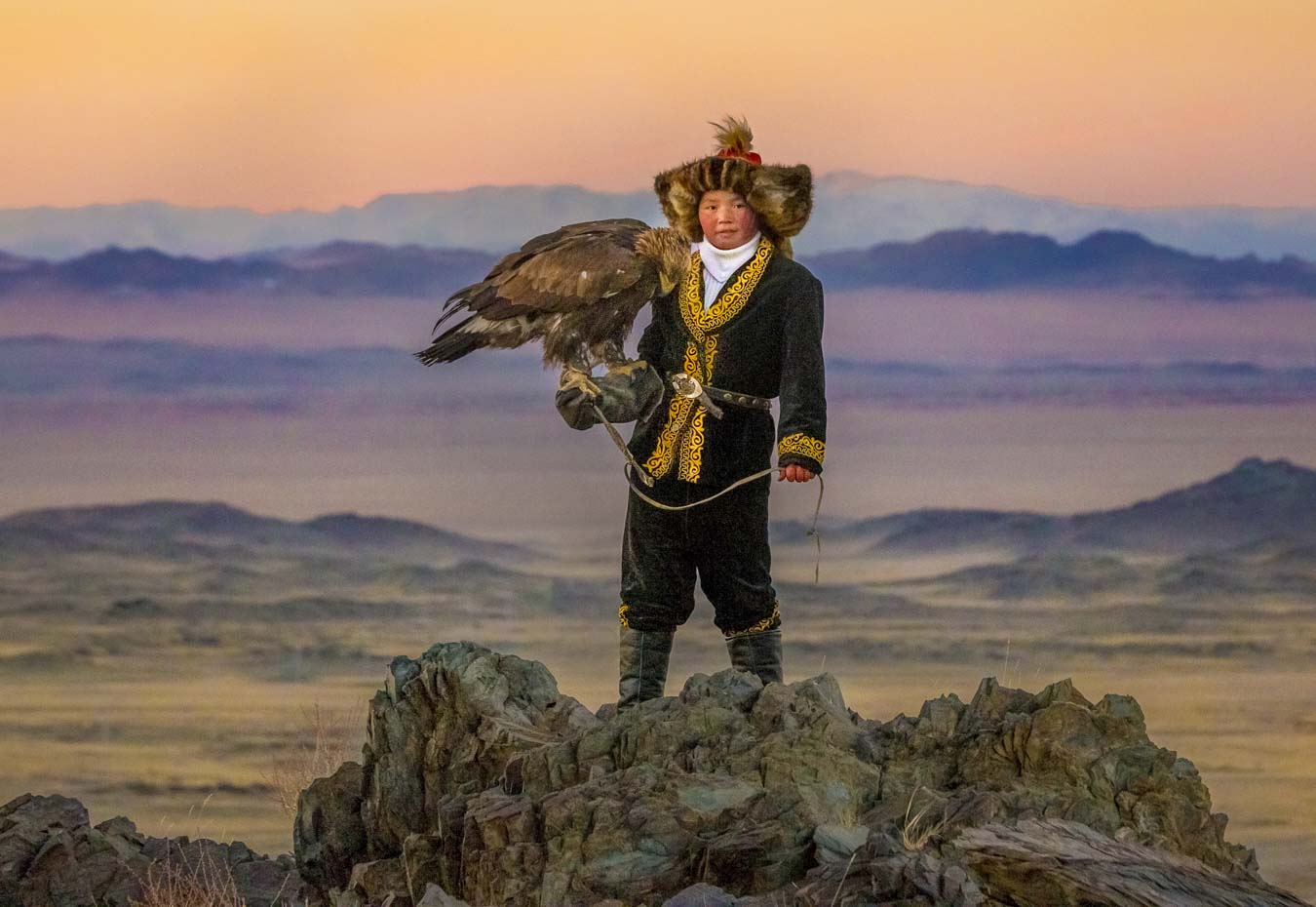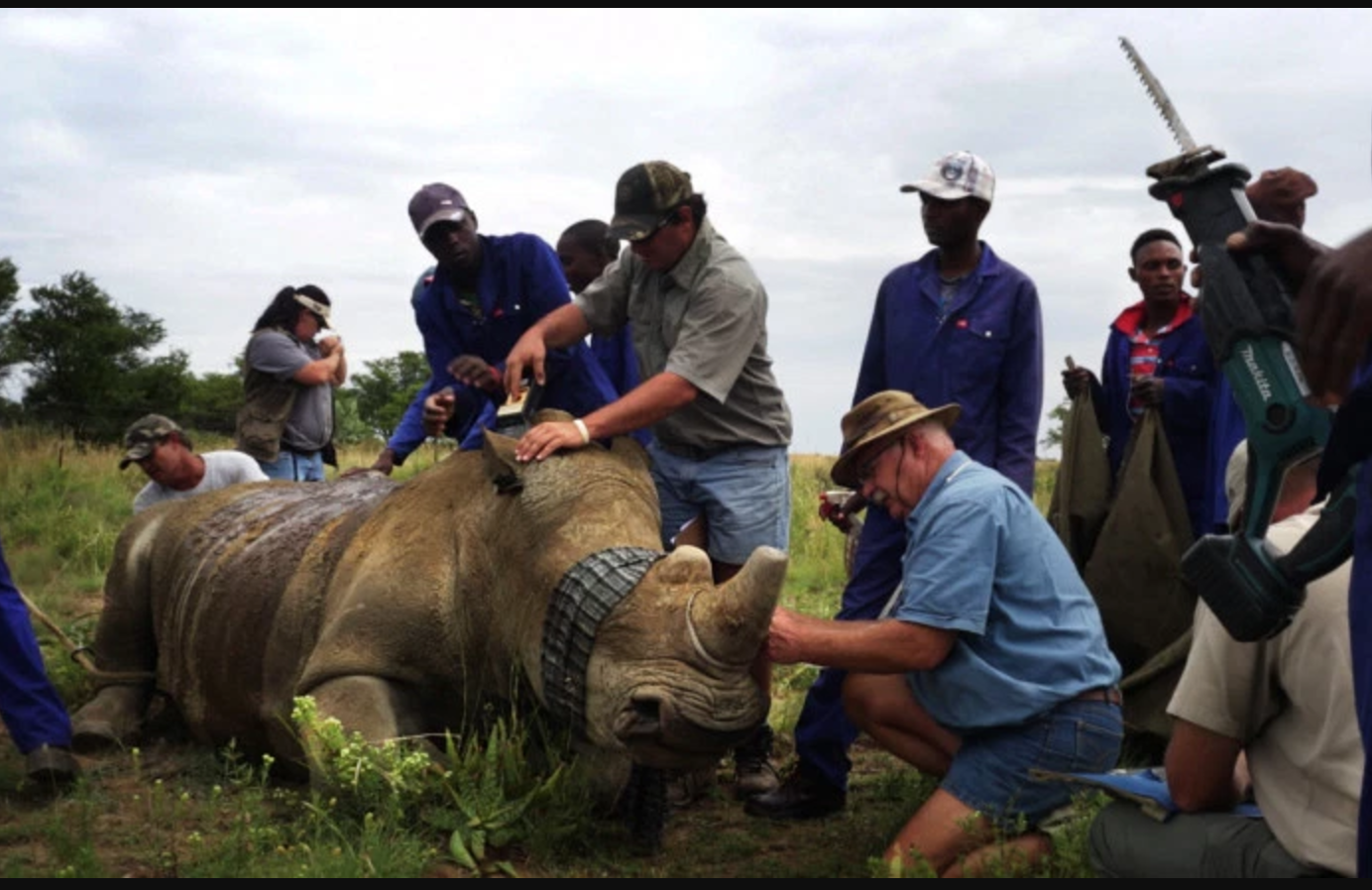
Sometimes there are films that remind us how grateful we are that independent films are released. With my focus being female filmmakers, that is the world in which I largely dwell, since so few movies put out by the studios are woman-directed. In fact, only 3% of studio films released in 2018 have a woman at the helm.
Enter The Rider, which has gotten its director, US-based Chinese filmmaker Chloe Zhao, and the film itself, glowing reviews at festivals, and is coming to an arthouse theater near you. It examines masculinity, redemption, and resilience with such grace and delicacy in fairly brands itself in your memory.
A neo-Realist narrative written by Zhao, The Rider blends real life and fiction as it focuses on a group of young Lakota cowboys playing the rodeo circuit. Real-life rodeo rider and horse trainer Brady Jandreau plays Brady Blackburn, who, just as Jandreau did himself, suffers from longterm damage caused by a near-fatal accident in the rodeo ring, when a horse he was riding kicked him in the head. He is determined to go back to competing in rodeos. It is his only means of support, and his prize money helps keep his family in the trailer his father rents for him and his sister. With little formal education, and the reservation on which they live having few options for employment, he tries to lean into the well-meaning pressure his circle of cowboy buddies place on him to get back to riding. His doctors, his family, and his body have other ideas.
The film, which is really about Brady’s journey to figure out if he can leave the rodeo, which could kill him, behind, features non-actors as his family and friends. His real dad and sister (Tim and Lilly Jandreau) play his fictitious ones, and it’s amazing that they can be so real, and portray themselves so honestly, even in their weaknesses. Lilly has Asperger’s Syndrome, and yet she portrays herself in a poignant, authentic way. Lane Scott, a rodeo bull rider who was becoming known nationwide when he had a car accident that left him paralyzed and incapable of speech, is Brady’s best friend in both real life and in the film. Their scenes together show a sensitivity, a bone-deep kindness that acts as the anchor for Brady’s introspection and movement through his own challenges.
I’m sure Zhao can be credited in part, not only for finding the truth in each moment, but also for committing to living on the reservation and getting to know the inner and everyday lives of those onscreen. Being with and spending time around the Lakota people, she said, made a huge difference in her understanding their experience.
Zhao’s first feature Songs My Brother Taught Me was nominated for the Golden Camera Award at Cannes. The Rider has been similarly received, gathering thus far 11 award nominations and wins at festivals around the world, including at Cannes.
The heartbreak of a life requiring drastic change and hard choices, the inspiring resilience shown by characters, and the examination of how, good or bad, close male friends express masculinity makes The Rider the sort of deep, meaningful film that reminds us why we are so lucky the independent film industry exists in the first place.
A



